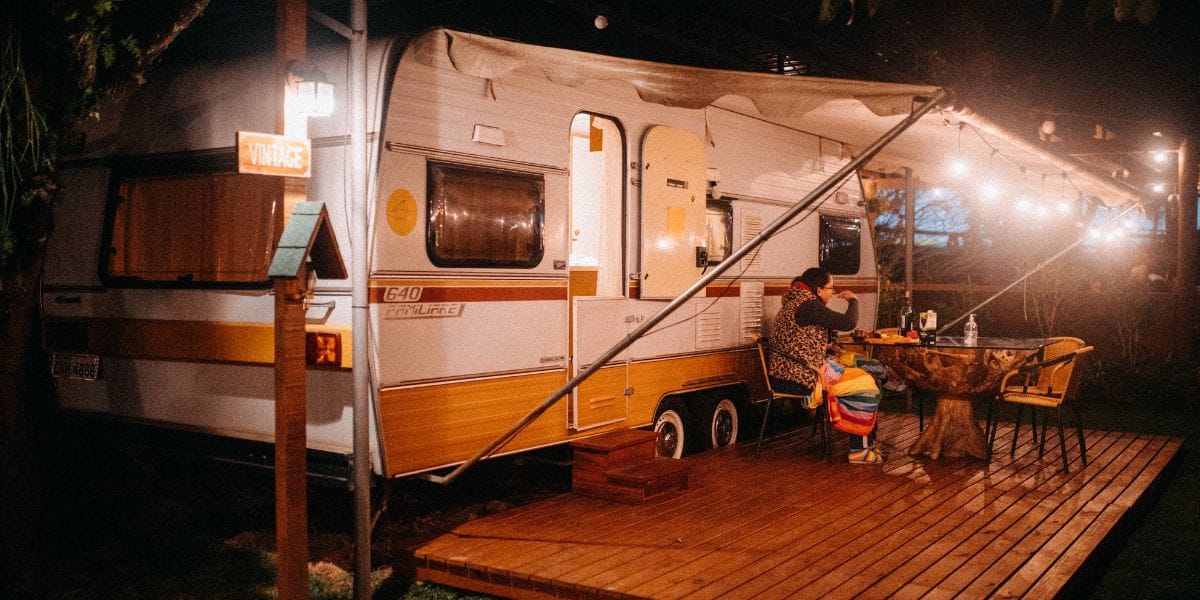Ah, the 'b' word. If budgeting is something you think about regularly, or even at all, then you're doing better than most.
This is because according to 2018 industry research, the overwhelming majority of Aussies — 86 per cent, to be specific — don't know their monthly expenses.
So, many of us could use a financial friend such as a budget!
If you're not sure where to start or you’re torn between types of budgets, rest assured, we've got you covered. We'll lay out some of the well-known budget types and how they can help.
The 50/30/20 budget
The 50/30/20 budget is one of the better known budgeting methods. This method breaks down your expenses into three categories: needs, wants and future expenses.
The needs category comprises half of your monthly spend and is devoted to the expenses you must pay every month. (You know the ones!)
You allocate the next 30 per cent to wants or non-essential expenses such as online shopping and dinners out.
And the final 20 per cent of your budget gets allocated to longer-term financial goals such as paying off debt, investing or saving.
Why use this budget?
Ease! It doesn’t take much time to set up the 50/30/20 budget and the sooner you start it, the earlier you can start improving your behaviour.
And what should I consider?
Be clear on what forms a need versus a want. Using this budget requires you to take a long, hard look at your wants, needs, and longer-term goals.
The zero-sum budget
The zero-sum budget works by assigning a role to every dollar you have.
It flips traditional budgeting on its head by encouraging you to use your money more purposefully, as for savings and investments.
The biggest change with this budget will likely be how you view budgeting.
At the end of each month, if your account is at zero, it means you've done it right!
Why use this budget?
You establish discipline. By giving every last dollar a task, it familiarises you with your spending habits and will give you a better grasp of your money.
It also helps your money go further. You can cut down on frivolous spending (which is not always easy to see).
And what should I consider?
This budget requires regular attention. With zero sum budgeting, there’s no 'set and forget' option. When income and expenses move around, you have to adjust and rethink your approach to ensure all your dollars get allocated.
It’s also admin-heavy. If you're not keen on spreadsheets, documenting and planning, the zero-sum budget might be too onerous for you.
The values-based budget
The values-based budget is more unique than the previous budgets, as it's personalised.
While other budgets can focus on what to cut out, this one focuses on what you value. You're required to reflect on what you want to spend money on and save for.
This means your cash allocation can be more meaningful, as you're encouraged to be aware of what’s important and why.
Let's say you value living in a lively inner-city area. You may choose to spend more than 50 per cent of your income on this.
This is a reflection of the fact that you may enjoy living in an area where you can walk to a coffee shop, a park, or even to work.
If you know that's an area of life that's fulfilling to you, you can reduce spending in areas that are less important, by comparison.
Why use this budget?
It’s built for you. You're directing your energy and spend on what's important to you and what makes you happy. And who knows, you may even find budgeting to be enjoyable.
And what should I consider?
You need to look ahead. By focusing on what makes you happy and fulfilled now, you set aside plans for your future. So, factoring in the longer term is something you'd need to think about.
The emergency budget
The emergency budget gives you a Plan B for your money in case something goes wrong.
It helps you figure out your wants and your needs, and then focuses only on essential spending, so you can get through emergencies without doing too much long-term damage.
Why use this budget?
You can use this budget to minimise the impact of financial emergencies. When you know how much you need to survive, you know how long your money will last if you suddenly had to stop working or pay for a big expense.
And what should you consider?
You’ll need to create this budget ahead of time so it’s ready in the event of an emergency. You could also consider creating an emergency fund in case your income ceases completely.
Which budget is best?
We're all driven and motivated by different things. Our approach to money generally reflects this.
Given the range of strategies available, it comes down to what resonates with you the most.
Budgeting will help with the same goal: better money control. Where budgets vary is how you execute on them.
There is no one size fits all approach. It's fair to say budgeting requires some level of discipline as well as flexibility. This will allow you to take stock and rethink your approach to ensure it is continuing to take you where you want to go.
Last updated 13 Jan 2023.



